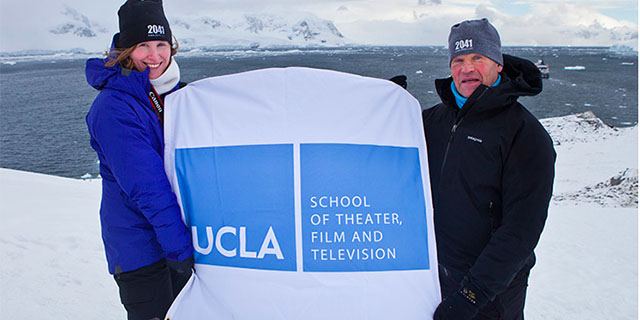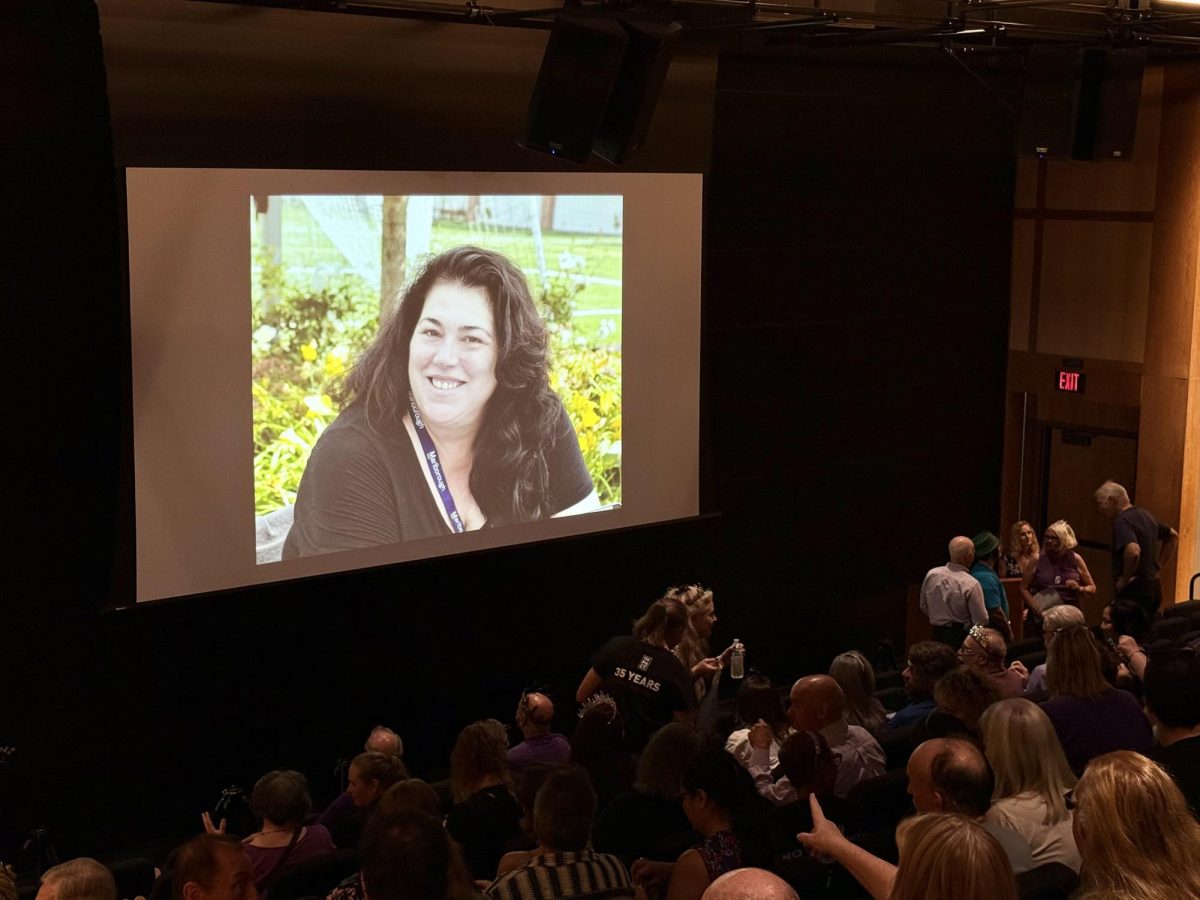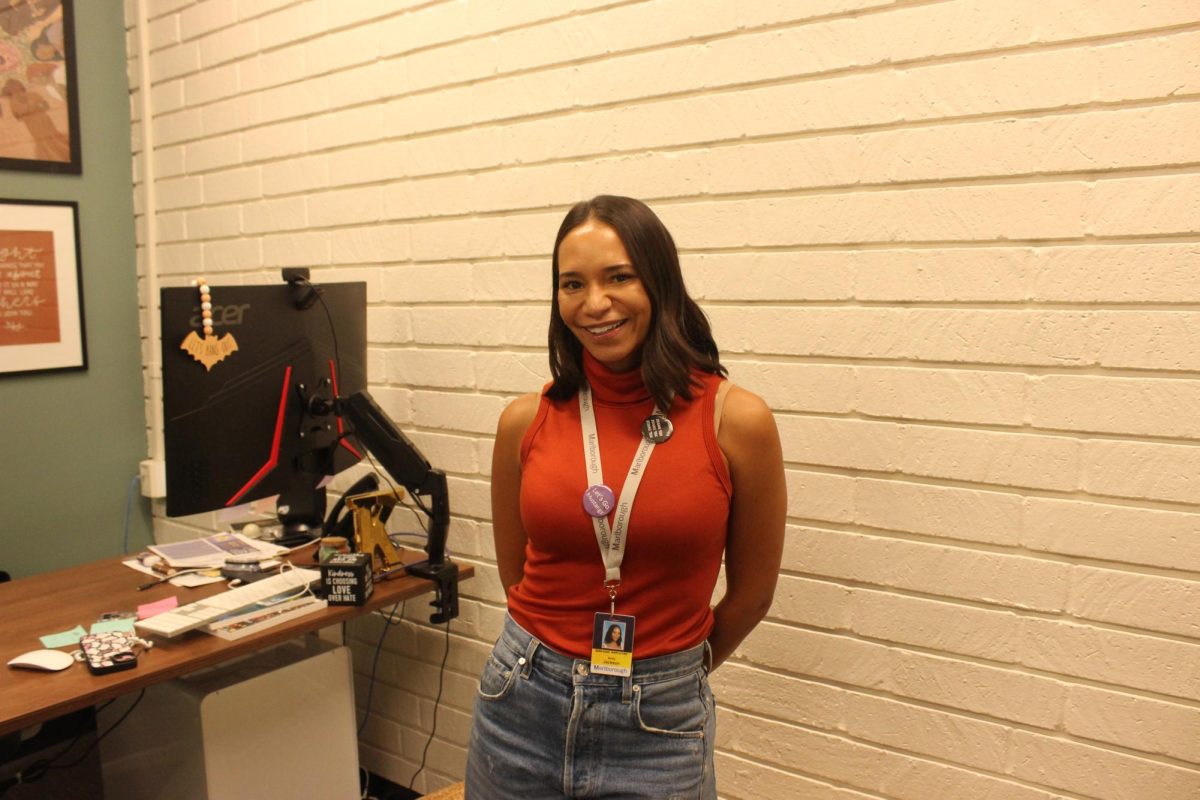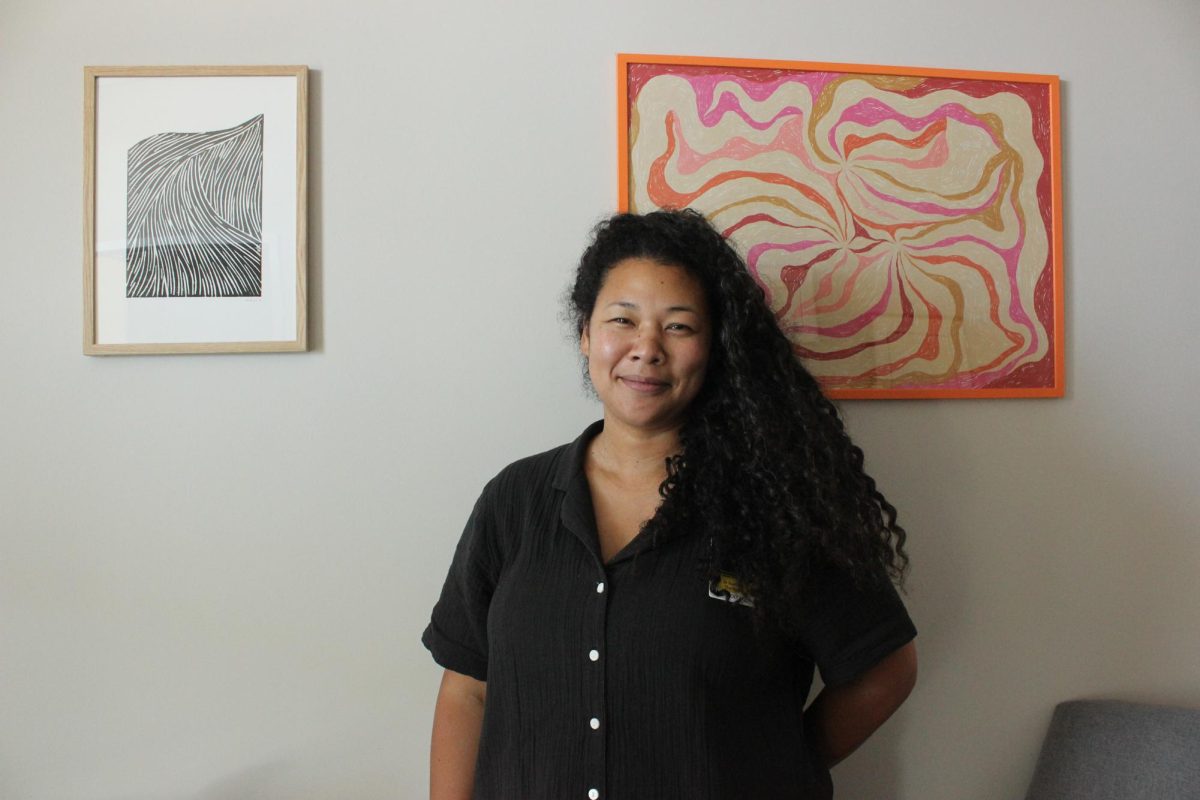
Emma Kragen ’08 embarked on an expedition to Antarctica from Friday, March 13 to Thursday, March 26. She, along with around eighty other individuals, many of whom had backgrounds in environmental work, participated in the International Antarctic Expedition. The expedition was led by Robert Swan, the founder of 2041, a company dedicated to the preservation of the Antarctic.
After finishing her MFA in cinematography at UCLA, Kragen received an e-mail from the department head, telling her that there was an opportunity for her to film. Kragen said she was surprised to learn that UCLA wanted to send a film student to the Antarctic, all expenses paid, to film a documentary of the yearly 2041 Antarctic expedition; she was more surprised that she was chosen.
Her primary job was to shoot and edit the video that everyone takes home at the end of the expedition. Essentially, she was in charge of documenting all the happenings of the day, then cutting together the footage each night to prepare for the final night aboard the ship back home when they screen the film.
“Every day I was filming everything that happened and interviewing various people on the expedition. There were over 80 people from all different countries all over the world,” Kragen said.
The expedition began in Ushuaia, Argentina, as she was to document the voyage across the Drake Passage to the Antarctic Peninsula.
“The whole premise of the expedition was to bring people of all different places, all different ages, together to educate them on the effects of climate change, so they could become ambassadors for change when they return to their respective countries,” Kragen said.
Through her documentary, she hoped to showcase the effects of climate change on Antarctica and stress the importance of preserving the unique ecosystem there while making an interesting film for those on the expedition to remember the trip. She was able to get footage of the natural features and environment of the Antarctic, and even the friendly penguins that live there.
“The first moment when you walk on land, [the penguins] are very bold because they have no reason to be afraid of you… If you sit down they’ll basically come up to you. They’re really cute, but they smell really bad,” Kragen remarked.
Kragen also described what it was like to be isolated for thirteen days without any cell phone service or Internet connection.
“We were so unplugged. We didn’t even know what was going on in the world, and we could only talk to each other. It was a very weird feeling… but it became normal, and you almost didn’t feel it. You became very involved in what you were doing,” Kragen said.
Kragen said that last day in the Antarctic was the hardest day of filming because of the time constraint to finish her documentary. She commented that she had so much editing and compiling to do that she did not attend any of the events that were planned for that day. The expedition group crossed the Drake Passage to back to Argentina later that afternoon.
“[The Drake Passage] can be some of the toughest waters in the world, so I had some anxiety about that… I realized that I can’t edit while the boat is moving because I would make myself sick,” Kragen said.
Luckily, the journey across the Drake Passage was what Kragen called “The Drake Lake”, or calm waters, so she was able to edit her film on the way back to Argentina.
Through her experience and her documentary, Kragen is helping to spread awareness about climate change and how it affects the Antarctic. Organizations like 2041 work to inform, educate and inspire the next generation to take responsibility to create a sustainable world. If Marlborough students wish to learn more about the expedition or watch Kragen’s video they can visit this link: www.tft.ucla.edu/antarctic-expedition/.










